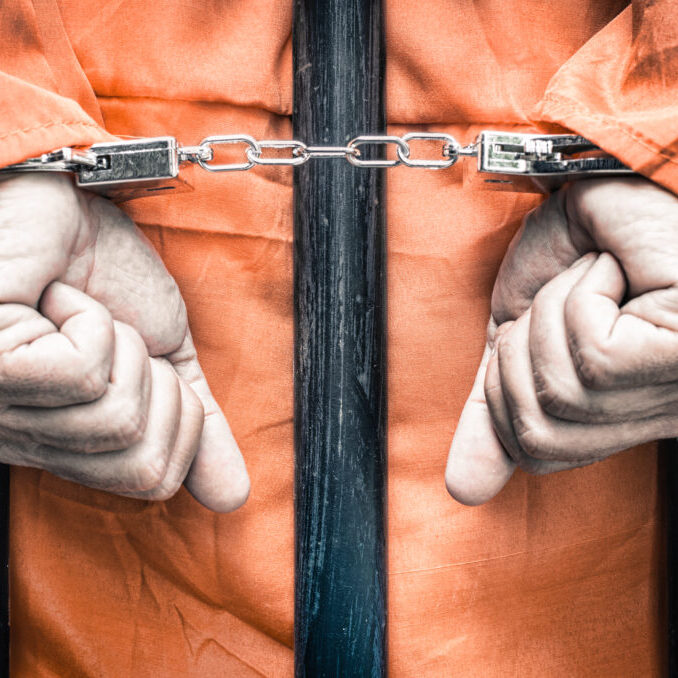Insights < BACK TO ALL INSIGHTS
A Luigi Mangione Death Penalty Trial
FEATURED
April 15, 2025
A Luigi Mangione Death Penalty Trial
By: James Trusty
The Attorney General’s recent announcement that DOJ will seek the death penalty against Luigi Mangione raises a host of interesting legal and philosophical issues, and it almost certainly reflects a dramatic about-face from the Biden administration’s approach towards federal prosecutions for death-eligible offenses. Aside from having personally prosecuted three death penalty trials while I was an Assistant U.S. Attorney in Maryland and when I was Chief of the DOJ Organized Crime and Gang Section, I spent a number of years on the Attorney General’s Capital Review Committee (“CRC”). The Committee was comprised of a number of “grey heads” who had personally handled death penalty cases and who developed a solid working knowledge of the intricate field of capital litigation. Ultimately,…
Trouble in Paradise: White Lotus Character’s Legal Woes Illustrate Civil Forfeiture’s Overreach
April 14, 2025
Trouble in Paradise: White Lotus Character’s Legal Woes Illustrate Civil Forfeiture’s Overreach
By: Abbey Block
Last Sunday, millions of viewers tuned in to watch the season finale of White Lotus – a widely popular show that centers around the week-long vacation of several ultra-wealthy patrons of the fictional “White Lotus” resort in Thailand.[1] The show follows a dynamic cast of quirky characters as they navigate their opulent getaway. One of those characters in this most recent season was Timothy Ratliff…
Amending Arbitration Clauses – No Notice, Big Problem?
April 8, 2025
Amending Arbitration Clauses – No Notice, Big Problem?
By: Robert Ward
Many websites’ terms and conditions allow online service providers to make changes without providing prior notice to users. Often, the terms state that the user agrees to read the terms and conditions, and that continued use of the website constitutes acceptance of any modification. A recent Fourth Circuit decision highlights the potential risk that such unilateral change-in-terms provisions might pose to another common feature of…
Appeals Court Limits Scope of ‘Intended Loss’ in Sentencing Guidelines
September 27, 2011
Appeals Court Limits Scope of ‘Intended Loss’ in Sentencing Guidelines
By: Ifrah Law
The U.S. Court of Appeals for the 10th Circuit recently considered what type of proof is required for a sentence enhancement based on “intended loss” under the U.S. Sentencing Guidelines. The court held that a loss enhancement applies only to losses the defendant purposely sought to inflict, not losses the defendant merely knew would occur or possible losses the defendant may have contemplated. To most…
No Attorney’s Fee Award for This Type of Prosecutorial Misconduct
September 22, 2011
No Attorney’s Fee Award for This Type of Prosecutorial Misconduct
By: Ifrah Law
The case of United States v. Shaygan recently made the news when the U.S. Court of Appeals for the 11th Circuit overturned a district court’s award of $600,000 in attorney’s fees to a defendant who was the victim of prosecutorial misconduct. The misconduct was indeed egregious — including recording conversations between a lawyer and a defense investigator, violating discovery orders, and vexatiously filing a superseding…
Prosecutors’ Misconduct Is More Than Just ‘Honest Mistakes’
September 8, 2011
Prosecutors’ Misconduct Is More Than Just ‘Honest Mistakes’
By: Ifrah Law
A federal judge in the District of Columbia recently ruled that the U.S. Department of Justice will be allowed to retry star pitcher Roger Clemens on perjury charges after a mistrial was declared earlier this summer when the prosecution made reference to inadmissible evidence in open court. The government claimed that its violation of court orders was done inadvertently and was not an instance of…
Judge Delivers Rebuke to Prosecutors in Sentencing NSA Official
August 17, 2011
Judge Delivers Rebuke to Prosecutors in Sentencing NSA Official
By: Ifrah Law
The recent sentencing of a government intelligence official saw a dramatic and unusual rebuke of the U.S. Department of Justice by a federal judge. Four years after searching the home of National Security Agency official Thomas Drake, who was suspected of illegally leaking classified information to a reporter, and more than year after actually indicting him on 10 felony counts, the government dismissed those charges…
Major FCPA Case in Jeopardy Because of Prosecutors’ Errors
August 5, 2011
Major FCPA Case in Jeopardy Because of Prosecutors’ Errors
By: Ifrah Law
In late June, U.S. District Court Judge Howard Matz of the Central District of California, the judge in the Foreign Corrupt Practices Act (FCPA) case against Lindsey Manufacturing Co. and two of its executives, invited both sides to submit briefs on the question of whether the defendants’ convictions should be dismissed. It had been revealed in post-verdict proceedings that the government violated a court order…





